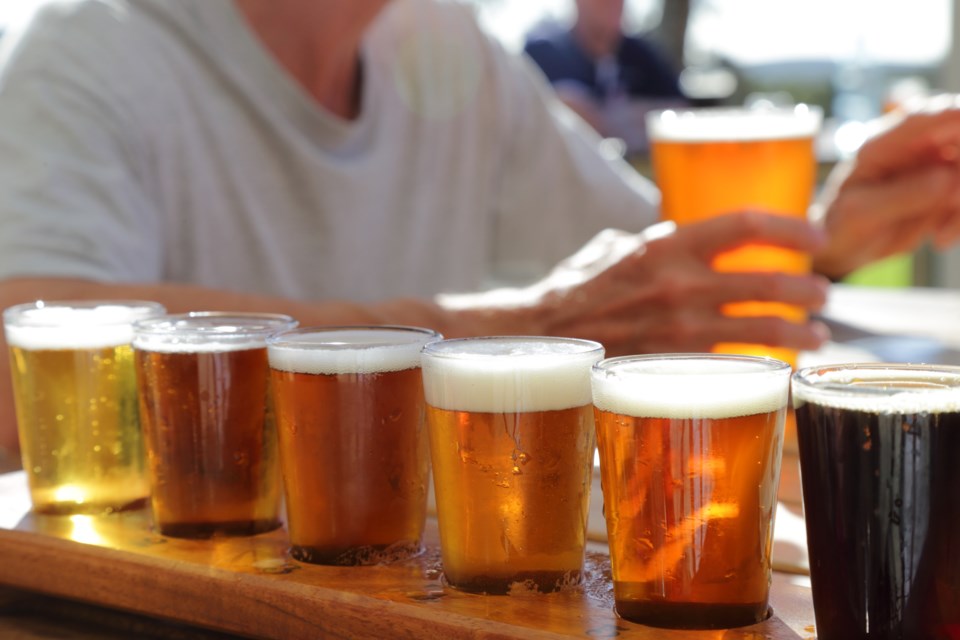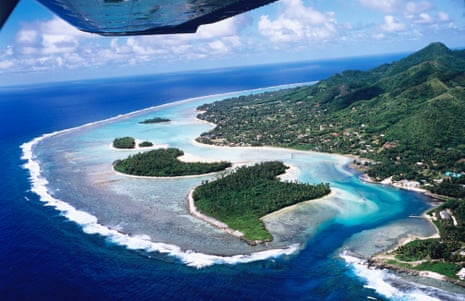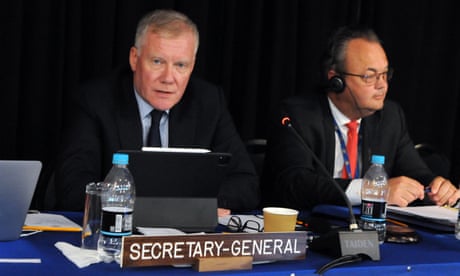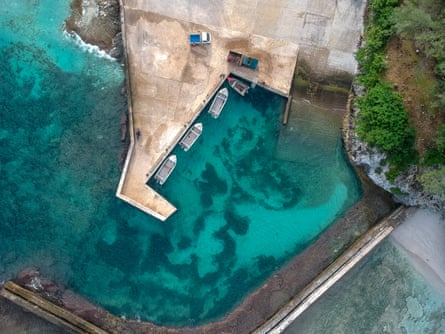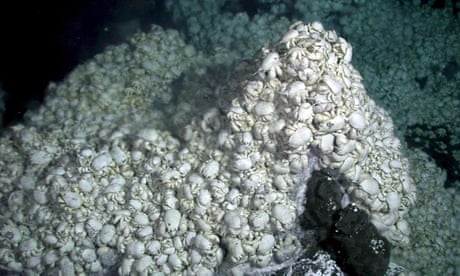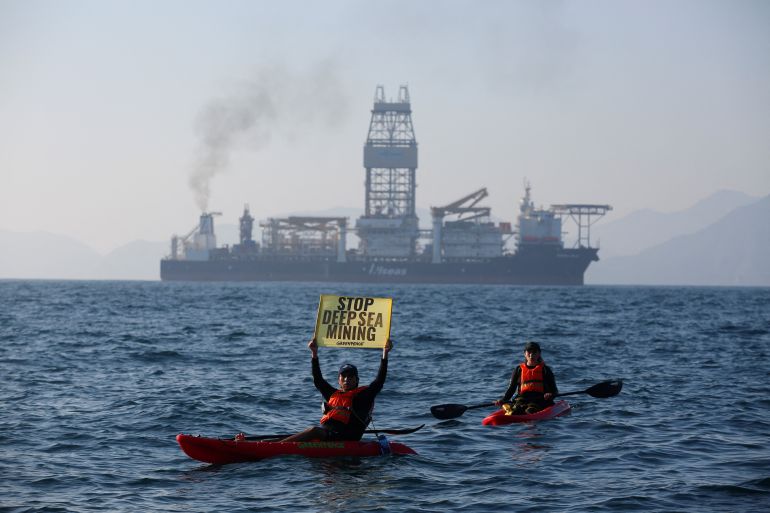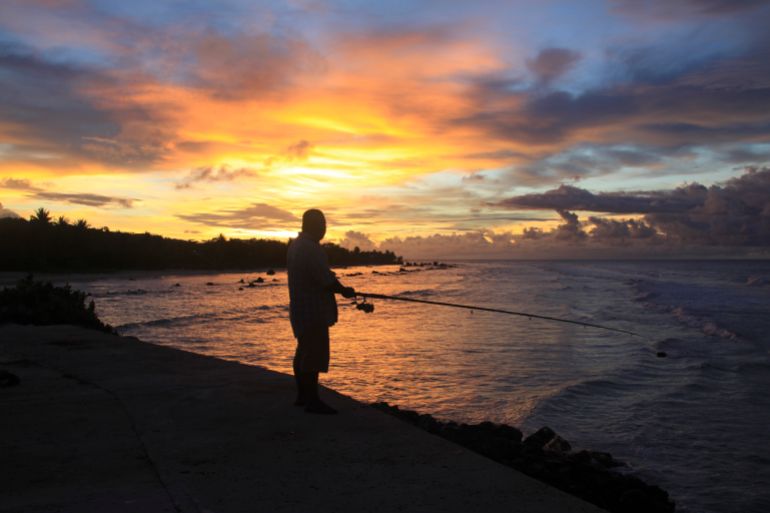Workers at White Pass & Yukon Route vote to authorize possible strike
Employees say possible job cuts, lack of wage increases behind decision
Workers on the White Pass & Yukon Route railway have voted to authorize possible strike action, citing a six-year wait for wage increases and potential job cuts.
The company — based in Skagway, Alaska — runs scenic train routes for tourists, including some that bring visitors into the Yukon from the U.S.
Jason Guiler is the general chairman for SMART Transportation Division Local 1626, the union representing engineers, conductors and brakemen on the railroad. Union members make up close to 30 workers out of about 250 White Pass and Yukon Route (WPYR) employees.
The union says if strike action is taken, no trains can operate.
Guiler said the workers haven't had a wage increase since 2017. After six years of what he called "minimal" negotiations, the union and the company began a formal mediation process earlier this year. That process has been ongoing.
A three-day mediation session last weekend didn't result in an agreement, Guiler added, and the process has stalled. Union members voted to authorize the strike late last week, giving them the option to strike if they choose.
Members meet again Friday evening to discuss next steps.
"I think it's a real shame that there is a divide right now between the company and its employees," Guiler said. "We take pride in the work that we do."
Even given the vote results, a strike can't happen right away.
The company and union have been assigned a national mediator, Guiler explained. If the parties can't reach an agreement, union members must be released by the mediator and wait at least an obligatory 30-day cooling-off period before they can strike.
Workers seeking wage increases
White Pass and Yukon Route was purchased by Klondike Holdings in August 2018. The ownership group includes Survey Point Holdings and Carnival Corporation, according to WPYR's website.
"(Ownership) has not been willing to come to an agreement with us," Guiler said. "So that collective bargaining agreement that was initially written for the years 2014 through 2017 is still in place today."
Conductor Bryan Saul said the workers are frustrated and demoralized.
"We're not asking for much; the main thing is we want to keep pace with inflation and the cost of living," Saul said.
Both Saul and Guiler acknowledged the company has also experienced hard times, having to cancel excursions over the course of the pandemic when the travel and tourism industry took a big hit.
Still, Saul noted, contract negotiations opened in 2017 — three years before the pandemic began.
White Pass and Yukon Route says it wants a resolution. Tyler Rose, executive director of human resources, said the company would not comment further.
"We do not believe it is appropriate to further comment in the media on the mediation process at this time," he said in an email.
Skagway Mayor Andrew Cremata said he hopes the two parties can come to an agreement.
He noted many cruise ship passengers who visit Skagway take WPYR trains, and cruise lines market the excursions to their passengers. That means cruise operators could feel the impacts of a work stoppage.
Cremata also said the cost of living in the town has gone up, meaning some other business owners have had to raise their wages. He said he wants railroad employees to be able to stay in the community.
"If (workers are) looking for a cost of living increase from six years ago, I'm going to operate under the assumption that that's something that they probably need to survive," Cremata said.
"I certainly would never get in the middle of negotiations between a private company and their workers. But I want those residents of Skagway to be able to stay in Skagway," he said.
Brakeman positions could be cut, says union
On top of wages, Guiler said a major sticking point is possible cuts to brakeman jobs.
Brakemen, Guiler explained, carry out maintenance and inspection of the train's brake systems and ensure cars are safe.
About a third of union members are in those roles, he said.
"Cutting that person is something that we have seen in the industry on the freight side of things," Guiler explained. "Now, it's obvious that railroads like ours are starting to go after it on the passenger-carrying service trains."
Guiler believes cutting those jobs would also pose a safety issue, but by his account, the company disagrees.
"They believe that they have technological advances in place, and we'll continue to install things in place in the future that will essentially eliminate personnel on board," Guiler said.

